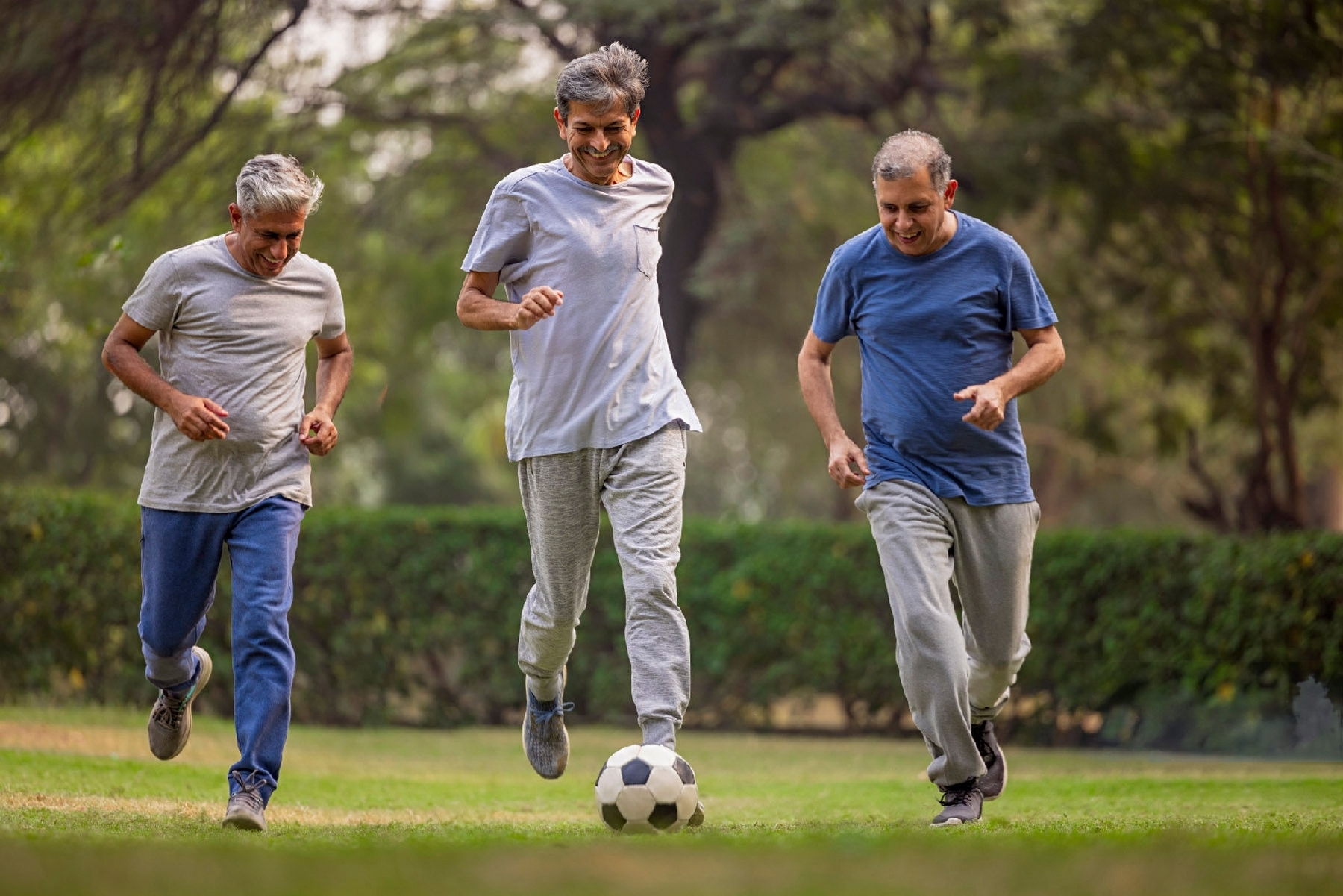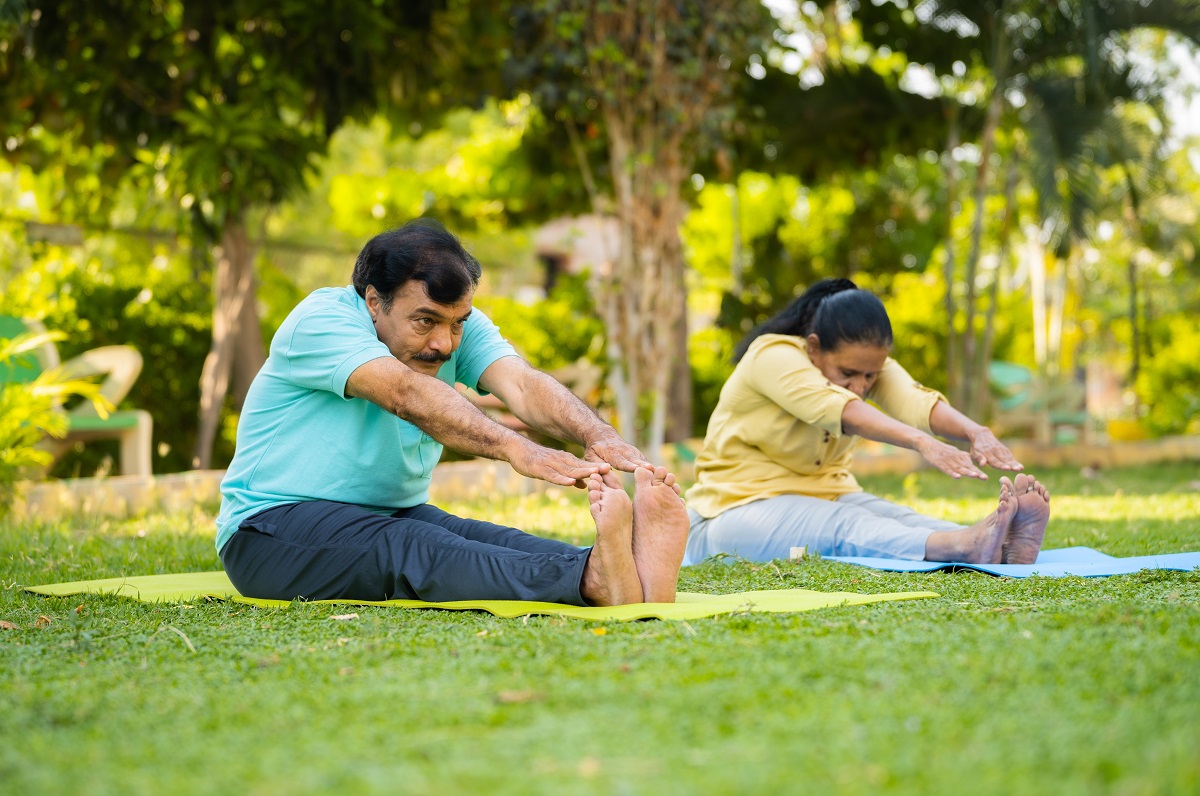Traveling can be a rewarding experience for elderly individuals in India, but it’s important for them to take certain precautions and make preparations to ensure a safe and enjoyable trip. Here are some considerations for elderly individuals before going on a tour in India:
- Health Check-Up: Schedule a thorough health check-up with your doctor before the trip to ensure you are physically fit for travel. Carry necessary medications and a first aid kit. Make sure you have an ample supply for the duration of your trip.
- Travel Insurance: Purchase comprehensive travel insurance that covers medical emergencies, trip cancellations, and other unexpected events.
- Destination Research: Research the destination thoroughly to understand its climate, local customs, and healthcare facilities. Identify hospitals or medical facilities in the area you’ll be visiting.
- Medication and Prescriptions: Pack all necessary medications in their original containers. Carry a copy of your prescriptions, and if possible, get a letter from your doctor explaining your medical condition and the need for certain medications.
- Comfortable Clothing and Footwear: Pack comfortable clothing suitable for the weather conditions of the destination. Bring comfortable and supportive footwear, especially if there will be a lot of walking.
- Travel Documents: Ensure you have all necessary travel documents, including identification, tickets, hotel reservations, and any permits required for specific destinations.
- Communication: Keep a list of important contacts, including family members, emergency contacts, and the local embassy or consulate. Carry a mobile phone with emergency numbers pre-programmed.
- Safety Precautions: Be cautious with personal belongings, and consider using a money belt or neck pouch to keep valuables secure. Familiarize yourself with the local emergency services number.
- Adapt to Local Cuisine: If you have dietary restrictions, learn about local cuisine and communicate your needs to restaurants. Carry snacks if you have specific dietary requirements.
- Comfortable Accommodations: Choose accommodations that are comfortable and accessible, taking into consideration any mobility challenges.
- Stay Hydrated: Carry a reusable water bottle and stay hydrated, especially in warm climates.
- Moderate Itinerary: Plan a moderate itinerary that allows for rest and relaxation. Be realistic about your energy levels and physical abilities when planning activities.
- Travel Companions: Consider traveling with a companion, especially if you have any health concerns.
- Emergency Plan: Discuss an emergency plan with your travel companions, including what to do in case of a medical emergency.
- Comfortable Transportation: Choose comfortable and convenient modes of transportation. If flying, consider requesting special assistance at the airport.
It’s always advisable to consult with your healthcare provider before embarking on any trip, especially if you have pre-existing health conditions. Additionally, staying informed about the local culture and customs can enhance your travel experience.




